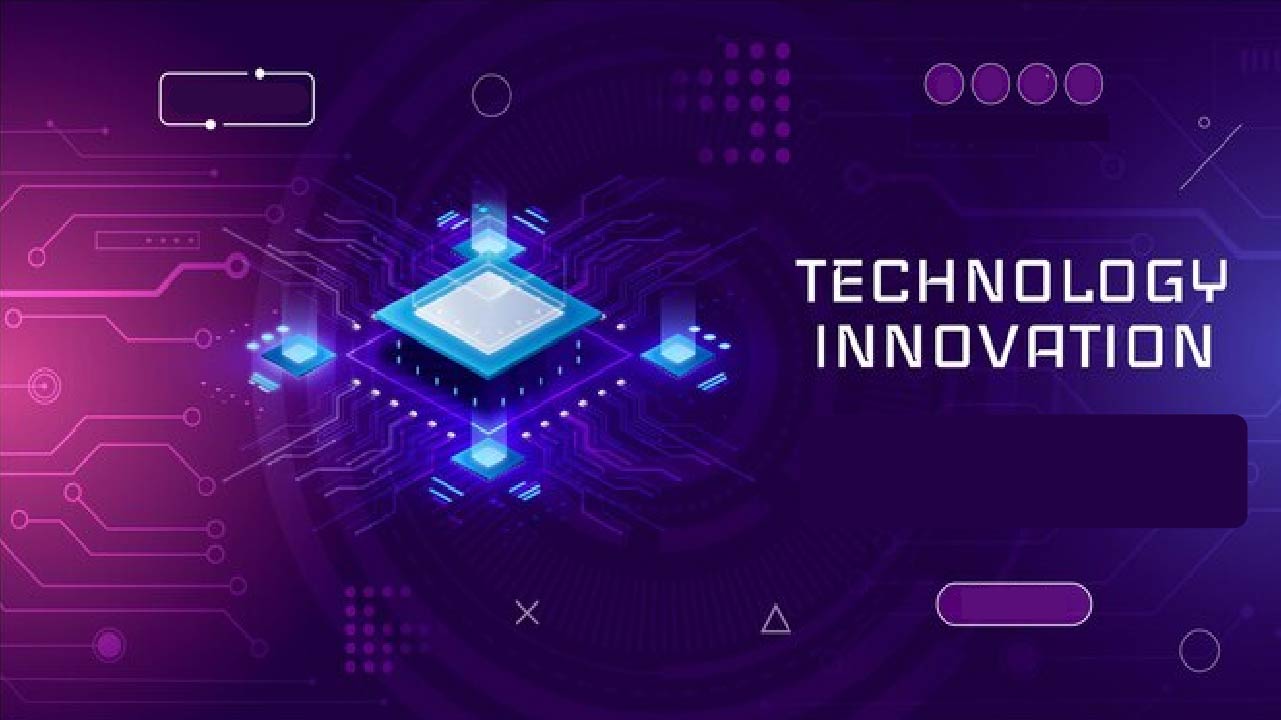Quantum Computing is a combination of computer science, physics, and mathematics, quantum computing leverages quantum mechanics to solve complicated problems more quickly than traditional computers.
Application development and hardware research are included in the topic of quantum computing. Quantum computers leverage quantum mechanical phenomena like superposition and quantum interference to tackle some kinds of problems more quickly than conventional computers. Optimization, modeling of physical systems, and machine learning (ML) are a few areas where quantum computers can offer such a performance improvement.
Potential applications include chemical system simulation and portfolio optimization in finance, which would involve tackling issues that are presently insurmountable for even the most potent supercomputers available.
Consider a traditional computer as a large library consisting of several books, each containing a unique piece of knowledge. You turn the pages of these books one by one until you find the information required to address a particular query.
Although this approach is effective, handling extremely complicated scenarios or massive volumes of data becomes difficult.
Now imagine a quantum computer as a magical library where all books may be read simultaneously and in various locations at the same time. Due to their unique capacity to exist in several states concurrently, quantum bits, or qubits, are capable of parallel processing. This implies that complicated problems might be solved by quantum computers tenfold more quickly than by conventional computers.
However, how does this operate?
Qubits uses the concepts of quantum physics to exist in a condition known as superposition as opposed to classical bits, which can only exist in one of two states (0 or 1). This greatly increases their processing capability by enabling them to represent and process numerous combinations of 0s and 1s at once.
Remembering that there is still a lot to learn about quantum computing is crucial. Error avoidance, technology development, and the creation and maintenance of stable qubits are notable problems.
Businesses and universities around the world are putting forth a ton of effort to overcome these obstacles and realize the whole potential of quantum computing.
To sum up, quantum computing is a paradigm shift in computing that will enable never-before-possible processing capacity and new avenues for study and development.
The path to fully fulfill the potential of the quantum world has already started, even if it could take years. This gives hope for the day when insurmountable goals will be accomplished.

